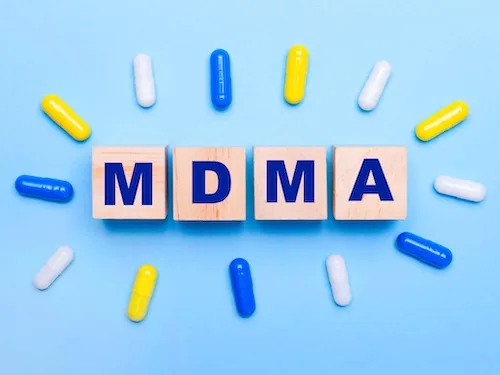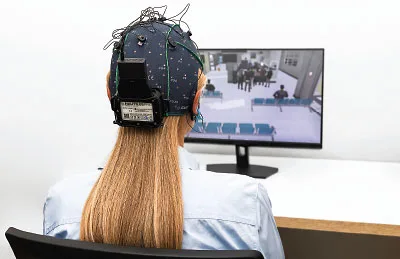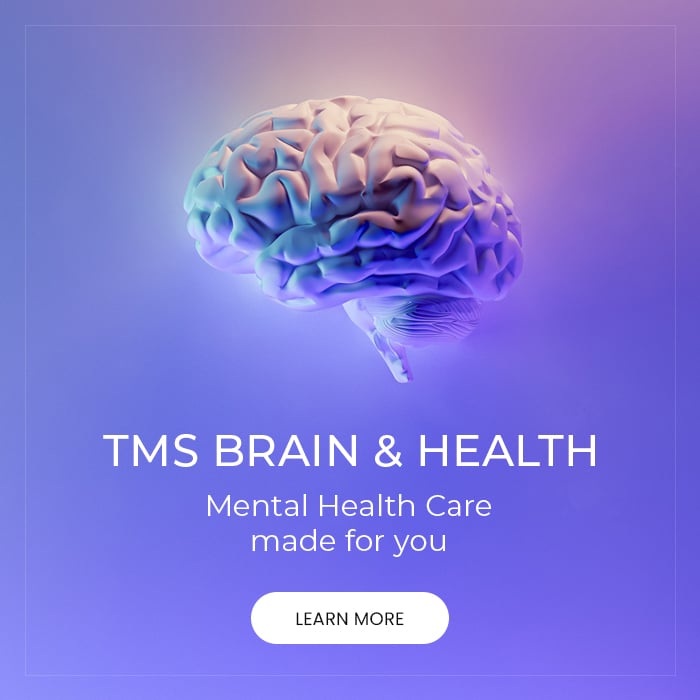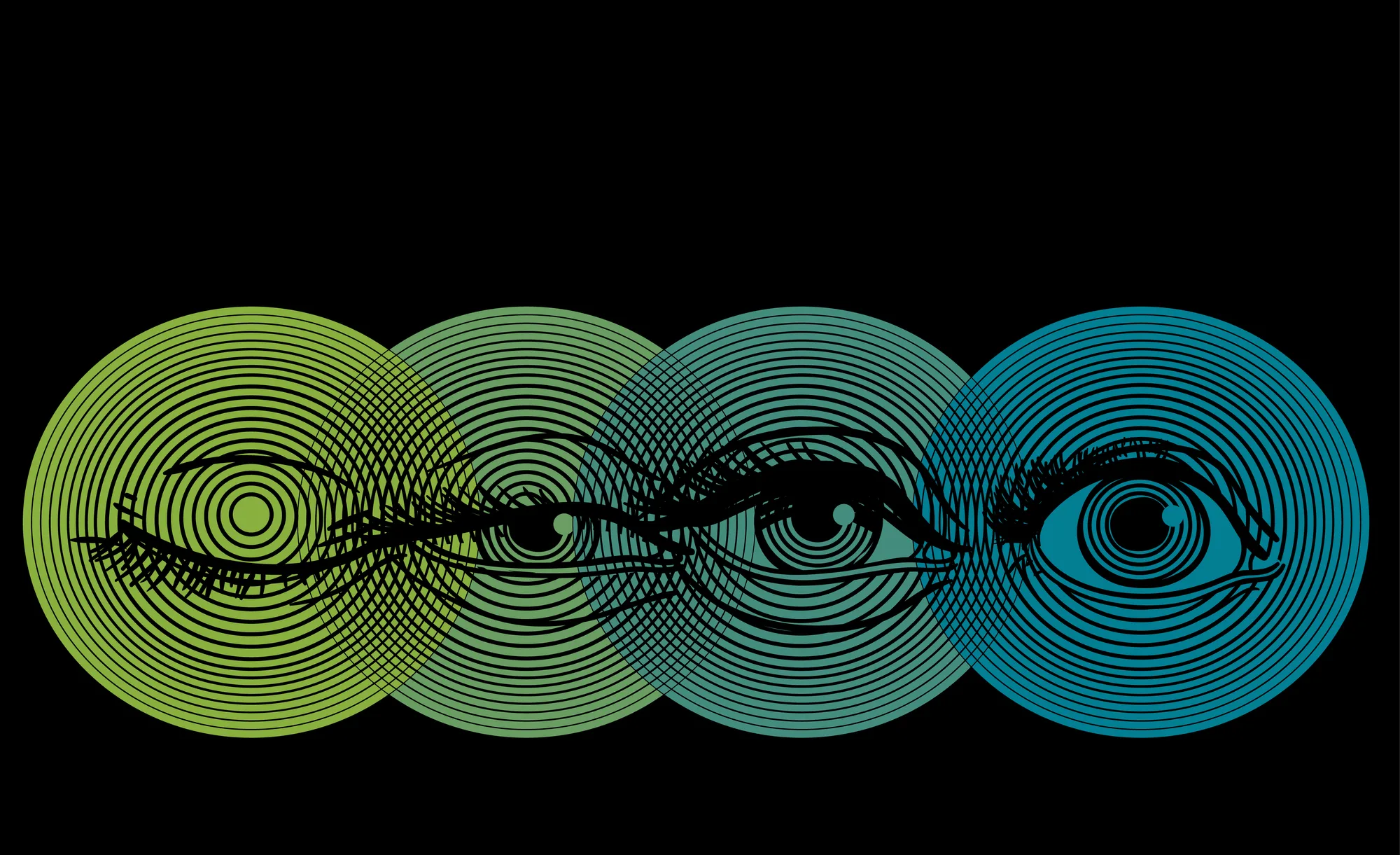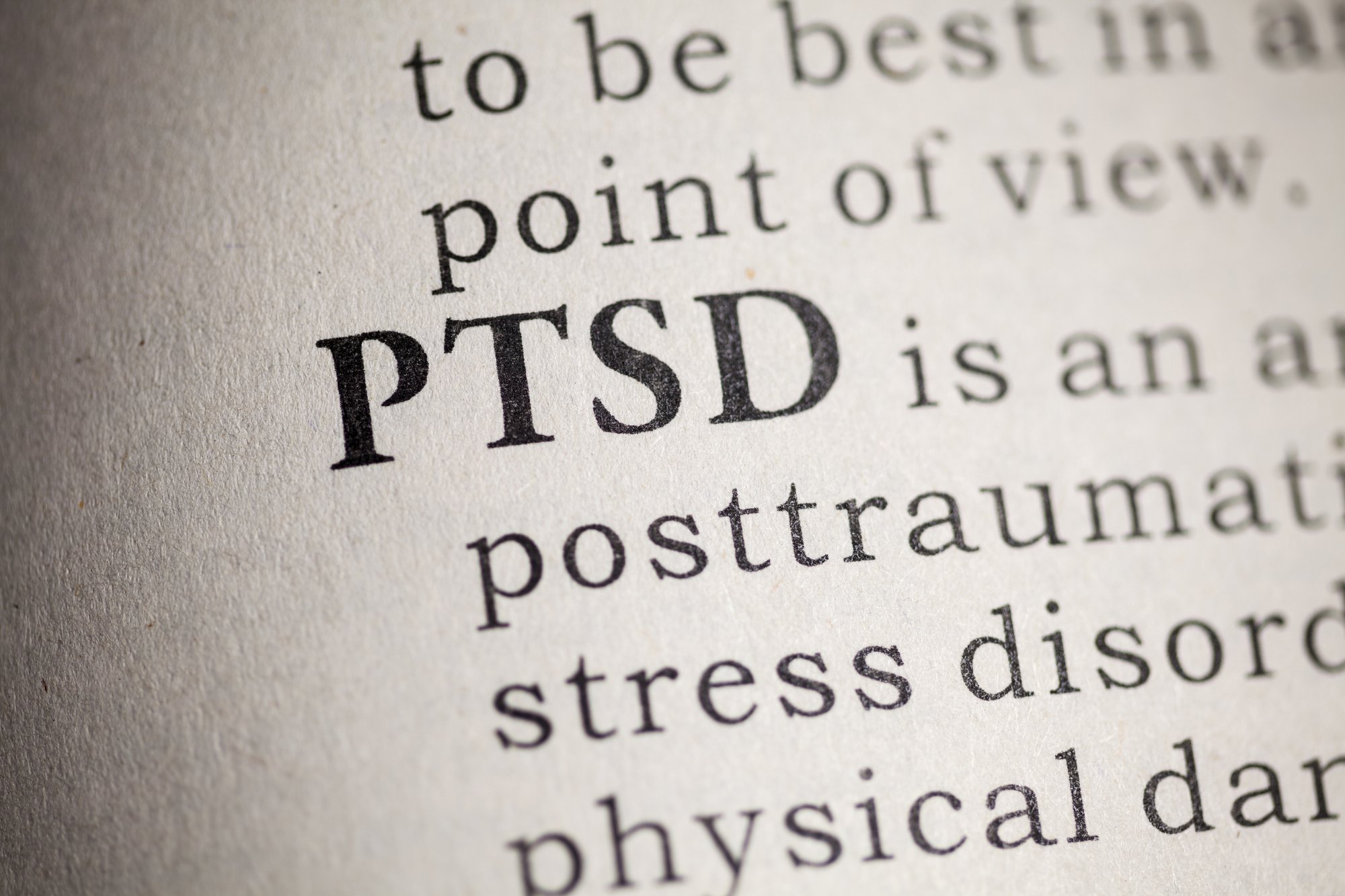Approximately 10% of the population in the United States is impacted by an anxiety disorder, and generalized anxiety disorder (GAD) is one of the most common of these conditions. Anxiety disorders interfere significantly with daily functioning; estimates suggest that GAD may account for the largest economic burden related to disability of all anxiety disorders. In the DSM-V, generalized anxiety disorder is categorized by excessive worry or anxiety occurring for at least 6 months that is challenging to control, makes daily life difficult, and is accompanied by at least 3 of the following symptoms:
-
Restlessness or edginess
-
Difficulty concentrating or feeling as though the mind goes blank
-
Fatigue or tiring easily
-
Muscle soreness or aches
-
Insomnia, unsatisfying sleep, or restlessness at night
-
Irritability
Current standard treatments for GAD include antidepressant medications such as SSRIs and SNRIs, as well as psychotherapy; medication is often used in combination with therapy. Approximately half of all individuals with GAD do not respond to mainstream treatment options, and second-line treatments and augmentation strategies remain understudied. Due to the general lack of substantial evidence for non-pharmacologic and non-psychotherapeutic treatment alternatives for individuals with generalized anxiety disorder, Parikh et al. conducted a literature review and meta-analysis of the existing studies on the efficacy of repetitive transcranial magnetic stimulation (rTMS) in adults with GAD.
Transcranial magnetic stimulation is currently an FDA-approved treatment for major depressive disorder. The treatment involves applying a TMS device to the scalp to send magnetic pulses into specified areas of the brain in order to stimulate neural activity. Various forms of TMS have also been used in clinical trials for decades as tools for measuring neural activity. Bespoke Treatment offers TMS treatment for a variety of conditions, including depression, anxiety, PTSD, OCD, and some forms of chronic pain. The existing safety data for TMS is extremely promising, with seizure being the most significant risk overall at less than 0.1% (theoretical risk has been suggested to be 1 in 80,000). Additionally, precautions to reduce risk of accidental seizure are in place, and TMS may not be approved for individuals with certain predispositions such as epilepsy or history of seizure. In anxiety, TMS providers often change the placement of the TMS coil and the frequency of stimulation, opting for an inhibitory frequency on the right dorsolateral prefrontal cortex instead of the more commonly used left dorsolateral prefrontal cortex.
The researchers analyzed 6 studies, each assessing the role of TMS in generalized anxiety disorder either as open-label (three studies) or randomized controlled trials (three studies). Open-label means all participants knowingly received active TMS treatment, compared to a randomized controlled trial in which half of the participants received a placebo treatment. In total, 152 patients were included in the analysis, 97 of which received active TMS treatment, and 55 received placebo. Each one of the six studies showed consistent unipolar effects; the average anxiety scores were reduced significantly in every study. The meta analysis resulted in a standardized mean difference of -1.857, meaning across all studies, TMS treatment decreased anxiety scores by that many standard deviations on average, compared to sham treatment. The prediction interval was -2.55 to -1.16; in 95% of comparable populations, the true effect size falls in that range. Additionally, the analysis showed moderate heterogeneity for the population samples. In other words, the population samples were moderately diverse or generalizable to real world populations. All findings were significant at p<.001.
The results of the meta-analysis show that TMS treatment has consistently produced a large effect size in reducing anxiety scores in adults with GAD. The effect sizes shown were similar to or greater than previous effect sizes produced for individuals with major depressive disorder. Additionally, TMS has been associated with increased emotional regulation in GAD. This could potentially have application to other anxiety disorders and conditions characterized by emotional dysregulation, including PTSD and OCD. Overall, the existing literature for TMS as a treatment for anxiety disorders is promising, and further studies are needed to gain more information about effective dosage and more reliable treatment response predictors.


